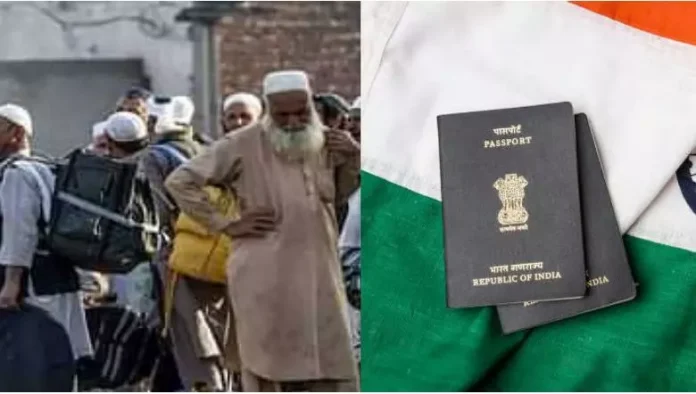Islamic scholar and founding member of the All India Muslim Personal Law Board, Maulana Mahmood Daryabadi, has sharply criticized the repeated scrutiny of the Tablighi Jamaat by central and state intelligence agencies, calling it a clear manifestation of Islamophobia, reported the Madhyamam.. He cautioned that such targeted surveillance risks portraying India as unduly hostile toward its Muslim minority.
Maulana Daryabadi emphasized that while isolated incidents may warrant investigation, casting suspicion over an entire religious movement undermines fairness and transparency. He insisted that allegations—such as visa violations or unauthorized gatherings—must be handled impartially and must not become instruments of prejudice.
His remarks came amid heightened vigilance by intelligence and immigration units in Maharashtra, who have raised concerns about foreign nationals allegedly engaging in religious outreach during Tablighi Jamaat events. Such activity, officials argue, breaches the terms of tourist visas.
Increased monitoring measures have been ordered, particularly during the Ganpati festival—a period of heightened public activity. Authorities are instructed to closely monitor religious gatherings (ijtemas) and verify the movements of foreign participants, especially in sensitive areas.
The tension between security protocols and community relations dates back to the Nizamuddin Markaz controversy in 2020. At that time, thousands of foreign attendees were blacklisted, and immigration authorities directed mosques, lodgings, and hotels to report stays. Although the Bombay and Delhi High Courts later quashed many of the related cases, strict visa regulations remain in force.
More recently, Maharashtra’s State Intelligence Department flagged the presence of Moroccan nationals in Latur district—allegedly hosting or attending local religious gatherings (ijtemas) while holding tourist visas. This triggered fresh advisories for increased surveillance.
Authorities have warned that since 2020, some Tablighi Jamaat members from abroad have altered their approach—evading traditional meeting places, such as mosques and markaz (centers), in favor of hotels, private lodgings, or homes arranged through local facilitation networks. This more discreet shift, officials say, complicates surveillance efforts.




